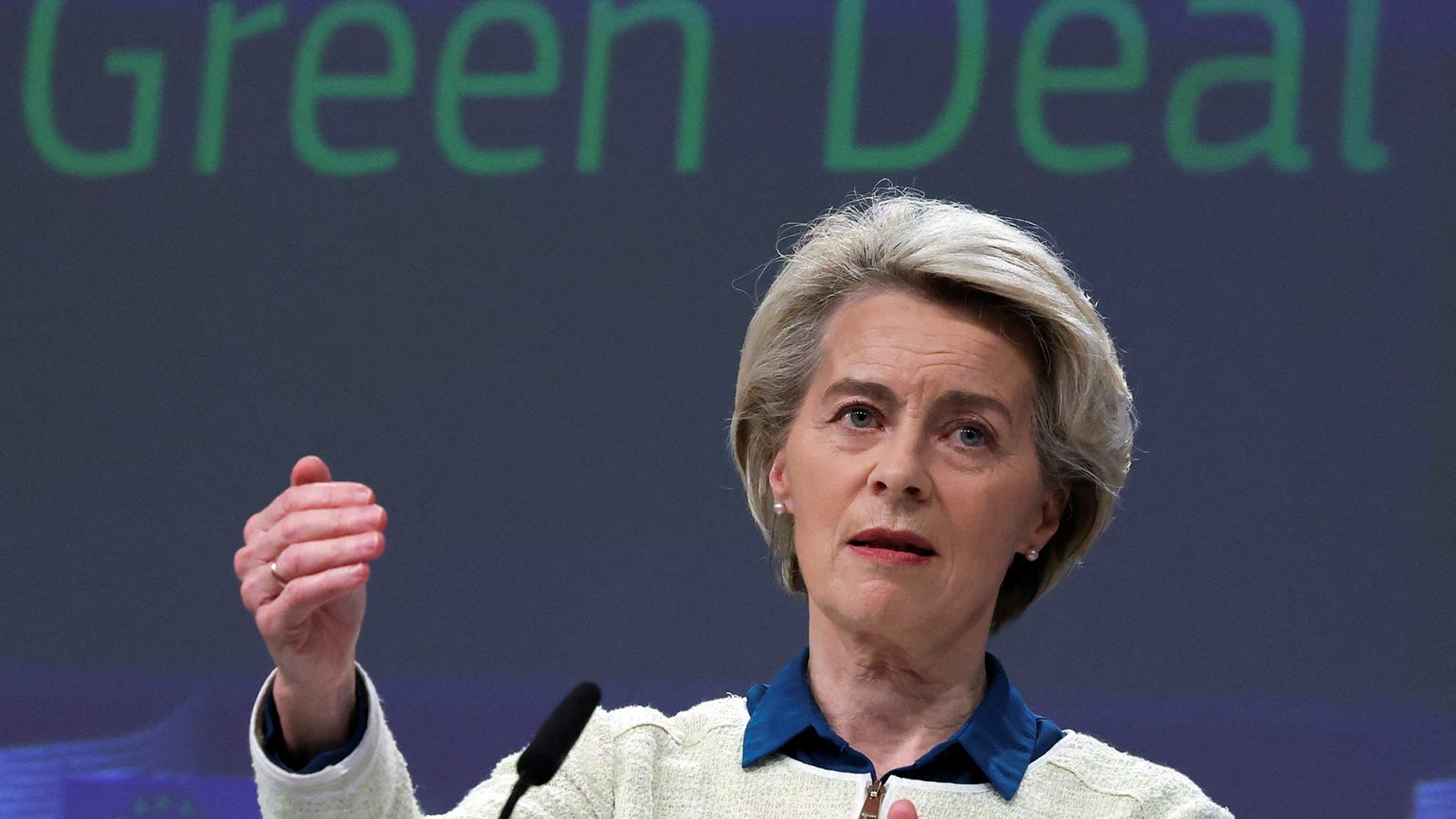The future of the European Union’s climate policies is uncertain as the makeup of the next parliament could impact the implementation of the bloc’s climate plan, known as the European Green Deal. European Commission President Ursula von der Leyen introduced the plan in 2019, describing it as “Europe’s man on the moon moment” due to its ambitious goals and targets. However, the plan’s cost of over $1 trillion in yearly investments has raised concerns about funding and support among voters.
The next European Commission will need to secure additional funds to support the implementation of the European Green Deal, but dwindling support for the plan amid the ongoing energy crisis may pose challenges. The potential for right-wing parties to gain power in parliamentary elections could lead to a reversal of certain measures within the plan, further complicating the implementation process. As a result, the future of the bloc’s climate policies remains uncertain, and it is essential for the EU to address these challenges in order to achieve its environmental goals.
In addition to climate policies, the EU must also address other pressing issues, such as power sharing in South Africa and the state of the economy. The outcome of parliamentary elections and the subsequent formation of the European Commission will play a crucial role in shaping the future direction of the EU and its policies across various areas. It is imperative for the EU to prioritize cooperation and collaboration among member states in order to address these complex and interconnected challenges.
As the EU navigates these uncertainties and challenges, it is essential for leaders to prioritize sustainability, innovation, and resilience in their decision-making. By working together to address the issues at hand, the EU can chart a course towards a more sustainable and prosperous future for its citizens and the planet as a whole. The outcome of the upcoming parliamentary elections will have far-reaching implications for the EU’s climate policies and overall direction, making it imperative for leaders to work towards finding effective solutions to these pressing issues.


